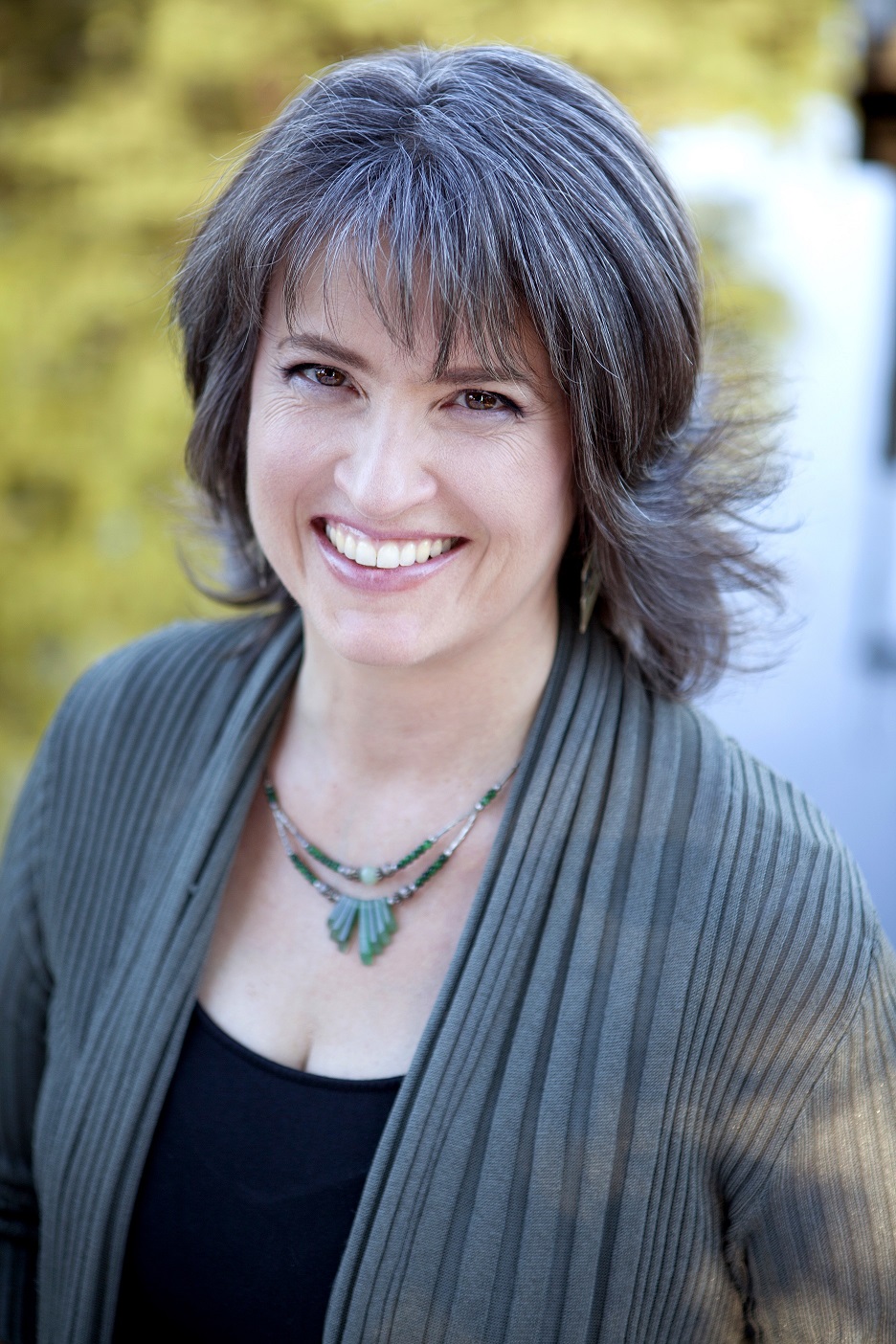Choosing Courage: From humble caterpillars to psychology: Transcending anxiety in modern times
“…courage is not the absence of despair; it is, rather, the capacity to move ahead in spite of despair.”
—Dr. Rollo May
Have you ever allowed yourself to fully steep in the magical reverie that nature offers and allowed yourself to be swept away by the experience of awe that such full-bodied present-moment awareness creates? Not only does nature offer breathtaking beauty, but it also holds countless lessons and tools for living, if we are willing and able to get out of our own way and learn to watch, listen, and take heed.
For example, did you know that, when in its cocoon, a caterpillar dissolves most of its body, digesting and converting it into a stem cell–like translucent liquid that it subsequently transforms into the structures of its new body and identity as a butterfly?
And did you know about Dr. Daniel Siegel’s interpersonal neurobiology work? It describes how human adolescent brains also go through a “remodeling” process of pruning and myelination that, in essence, destroys neurons and synaptic connections that once defined them and then facilitates the construction of structures to create more effective, differentiated, and efficient brain functioning?
These are just two examples of the wisdom in nature.
Unfortunately, in our frenetic technologically driven existence, most of the modern world has become disconnected from the wisdom and guidance of the natural world. Over centuries, we have been warned of this countless times by our First Nations and other wisdom teachers. But our unbridled enthusiasm to fiddle with nature and unabashedly make efforts to “control” our world, each other, and the environment has led us down the slippery slope to a world with a significant rise in many mental-health conditions and outcomes.
The World Is as You Dream It
In his book, The World Is as You Dream It: Teachings from the Amazon and Andes (1994), John Perkins shares a poignant conversation about this topic that he had with a shaman teacher on his travels in the Amazon and Andes:
“‘The world is as you dream it,’ [Numi] said at last. He walked to the edge of the water. ‘Your people dreamed of huge factories, tall buildings, as many cars as there are raindrops in the river. Now you begin to see that your dream is a nightmare.’ [...] ‘How can I change, Don Alberto? How can my people change this terrible situation we’ve created?’ His eyes held mine once again. ‘That’s simple,’ he replied. ‘All you have to do is change the dream.’”
 Changing the Dream
Changing the Dream
As simple as that solution sounds on the surface, changing the well-worn habit of dreaming one way to an entirely new construction of thought is one of the most difficult things we can do. To change the neural pathways in our brain and learn to think differently is a full-on renovation project of the mind. It’s difficult because of the inherent necessity to challenge—or at times even destroy and profoundly transmute, as caterpillars teach us about—beliefs that you and likely many others have assumed to be true. As humans, we don’t like to be wrong, even if it is our own awakening that guides us to such an awareness that we have erred in our thinking. It seems far easier to hold onto outmoded beliefs (fiercely if necessary), rather than reconstruct our worldview based on new information.
Changing our worldview is an extraordinary creative process that forces us to courageously confront some of our greatest sources of anxiety. And by our very nature and desire to be right, we also tend to do all we can to silence others’ thoughts and ideologies that conflict with our own because of our desperation to cling to our familiar assumptive world. It truly presents a conundrum and can serve to stunt our capacity for transformation and our ability to access optimal solutions and functioning.
The Courage to Create
Over 20 years ago, I read Dr. Rollo May’s seminal book, The Courage to Create, that forever transformed my perceptions of the world and my place in it. Though published almost 50 years ago, May’s message about how to transform anxiety, despair, and dysfunctional systems of all types continues to offer important guidance, perspective, and hope, even amidst the current milieu in which we now find ourselves.
In his book, May not only deconstructed the meaning of courage in a multitude of forms (e.g., physical courage, moral courage, social courage, creative courage), but also the required conditions and processes that enable creativity to take place. In our current climate, which is fraught with an unprecedented rise in anxiety in our population, May’s insights about anxiety are particularly relevant, as well as his historical observations about organizations’ relationships and responses to creative people in society.
 Tips for Living Courageously
Tips for Living Courageously
Cultivate Cognitive Flexibility
Consistent with both Dr. Daniel Siegel’s characterization of mental health and wellness being represented by finding that sweet spot between rigidity and chaos and Dr. Rollo May’s articulation of a “paradox of courage,” it is crucial to maintain both flexibility and clarity of mind:
“…the seeming contradiction that we must be fully committed, but we must also be aware at the same time that we might possibly be wrong.”
—Rollo May
Trust and Learn from Nature
As difficult as it may be, experiment with reducing your overreaching efforts to control your world and others in it. There is wisdom in nature. We don’t need to be so focused on fear, regardless of the barrage of media images and messages that suggest otherwise.
Relish in the Deliciousness, Beauty, and Wisdom that Surrounds You
When your habits of thinking have become entrenched with anxiety, it is easy to miss out on the gifts that surround you. Fear and anxiety have the propensity to turn people into victims, while gratitude and appreciation dissolve the construct of victimhood, allowing you to reconstruct your mind to be transformed, like a butterfly, no longer limited by the binding cocoon (real or illusory) that may have separated you from others.
Most importantly, take this unique time as an opportunity for embracing a life of greater personal freedom and authenticity.
“The hallmark of courage in our age of conformity is the capacity to stand on one’s own convictions—not obstinately or defiantly.”
—Rollo May
 Dr. Theresa Nicassio, PhD, Psychologist
Dr. Theresa Nicassio, PhD, Psychologist
Theresa is a registered psychologist, wellness educator, and the award-winning author of YUM: Plant‑Based Recipes for a Gluten‑Free Diet.
TheresaNicassio.com

 Stores
Stores